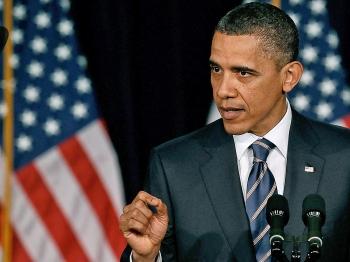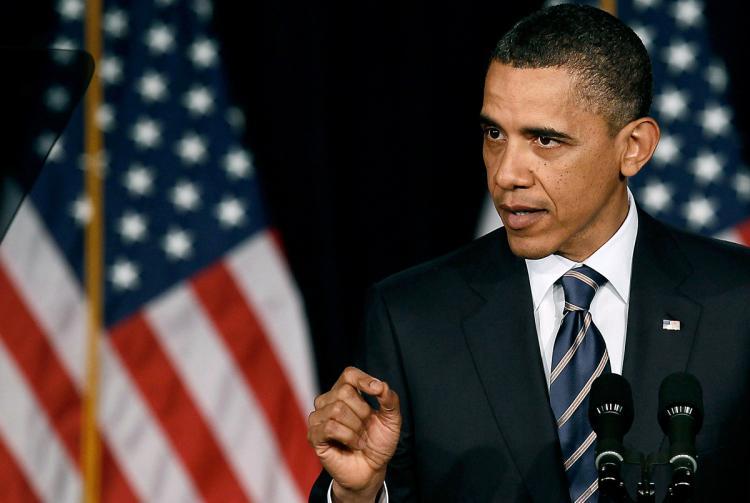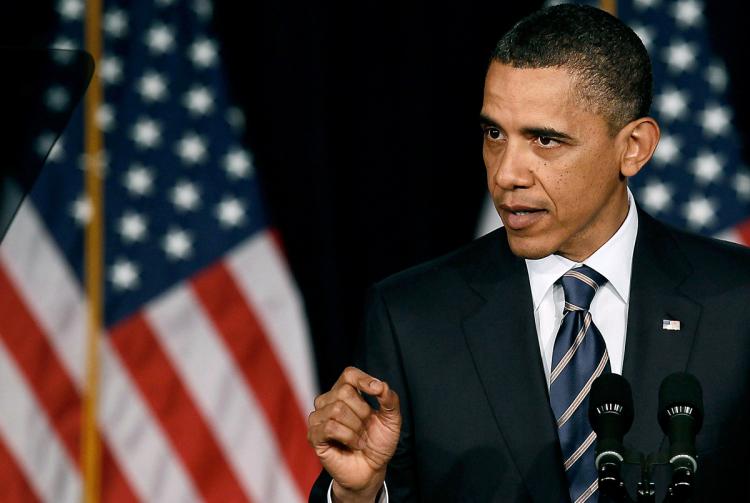The President’s Fiscal Approach to Having It All
A set of principles, rather than specifics, dominated the president’s speech at George Washington University on April 13.

President Barack Obama speaks about fiscal policy at George Washington University in Washington, DC. He laid out his plan for deficit and debt reduction. Mark Wilson/Getty Images
|Updated:
Reporting on the business of food, food tech, and Silicon Alley, I studied the Humanities as an undergraduate, and obtained a Master of Arts in business journalism from Columbia University. I love covering the people, and the passion, that animates innovation in America. Email me at andrea dot hayley at epochtimes.com
Author’s Selected Articles






